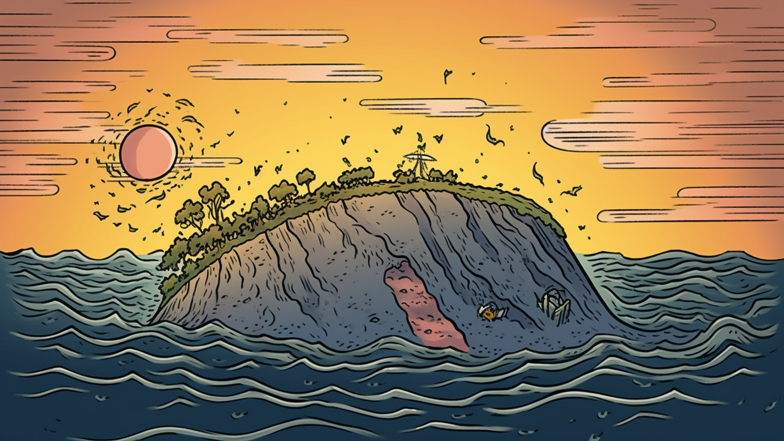
Climate change is primarily caused by the release of greenhouse gases, such as carbon dioxide and methane, into the atmosphere. These emissions occur primarily as a result of human activities, including the burning of fossil fuels, deforestation, and industrial processes. As these gases accumulate in the atmosphere, they trap heat and cause temperatures to rise. This process is known as the greenhouse effect and is driving the alarming rate of climate change.
One of the most significant impacts of climate change is on Earth's ecosystems. As temperatures rise, plants and animals are forced to adapt to new conditions, and many may not be able to survive. These changes can cause entire ecosystems to collapse, leading to a loss of biodiversity and a domino effect across the food chain. Additionally, climate change is causing changes in migration patterns of animals, which can cause significant repercussions for related ecosystems.
As ice sheets and glaciers begin to melt, sea levels are rising. This is creating significant threats to coastal communities, where rising sea levels are posing a real threat to infrastructure, property, and human life. As sea levels rise, flooding and storm surges are becoming increasingly frequent, and coastal erosion is becoming more severe.
Perhaps the most concerning aspect of climate change is its impact on vulnerable communities around the world. Heatwaves, droughts, and floods are causing food and water shortages, leading to malnutrition, dehydration, and increased risk of disease. These disasters disproportionately affect people living in poverty, who lack the resources to cope with the effects of climate change.
The impact of climate change is being felt globally, but some areas are experiencing more severe effects than others. For example, the Arctic is experiencing some of the most dramatic effects, with temperatures rising at twice the rate of the rest of the world. This is causing the ice to melt, which has long-term implications for ocean currents, sea levels, and weather patterns. Additionally, the Arctic is home to several indigenous communities, and their way of life is at risk as the ice melts, and their food sources become depleted.
Governments around the world are beginning to take action to mitigate climate change. The Paris Climate Agreement, signed in 2015, saw 195 countries come together to strive to limit the rise in global temperature by two degrees Celsius above pre-industrial levels. However, despite this effort, progress has been slow, and many countries are still far from achieving their targets.
One of the most effective ways to mitigate climate change is to reduce our greenhouse gas emissions. This can be achieved by transitioning to renewable energy sources like wind and solar power and by reducing our dependence on fossil fuels. Additionally, governments can invest in public transportation and incentivize the use of electric cars.
Individuals can also take action to reduce their carbon footprint. Some of the most effective ways to do this include reducing meat consumption, eating locally sourced food, reducing energy consumption at home, and using public transportation.
As the world continues to warm at an alarming rate, it is essential to consider the long-term impact of climate change. The consequences of this phenomenon are onerous, ranging from biodiversity loss, infrastructure destruction, and increased poverty. To address this issue, everyone must take individual action to mitigate their carbon footprint, governments must invest in renewable energy, and everyone must work together to tackle climate change before it's too late.
Comments
Post a Comment